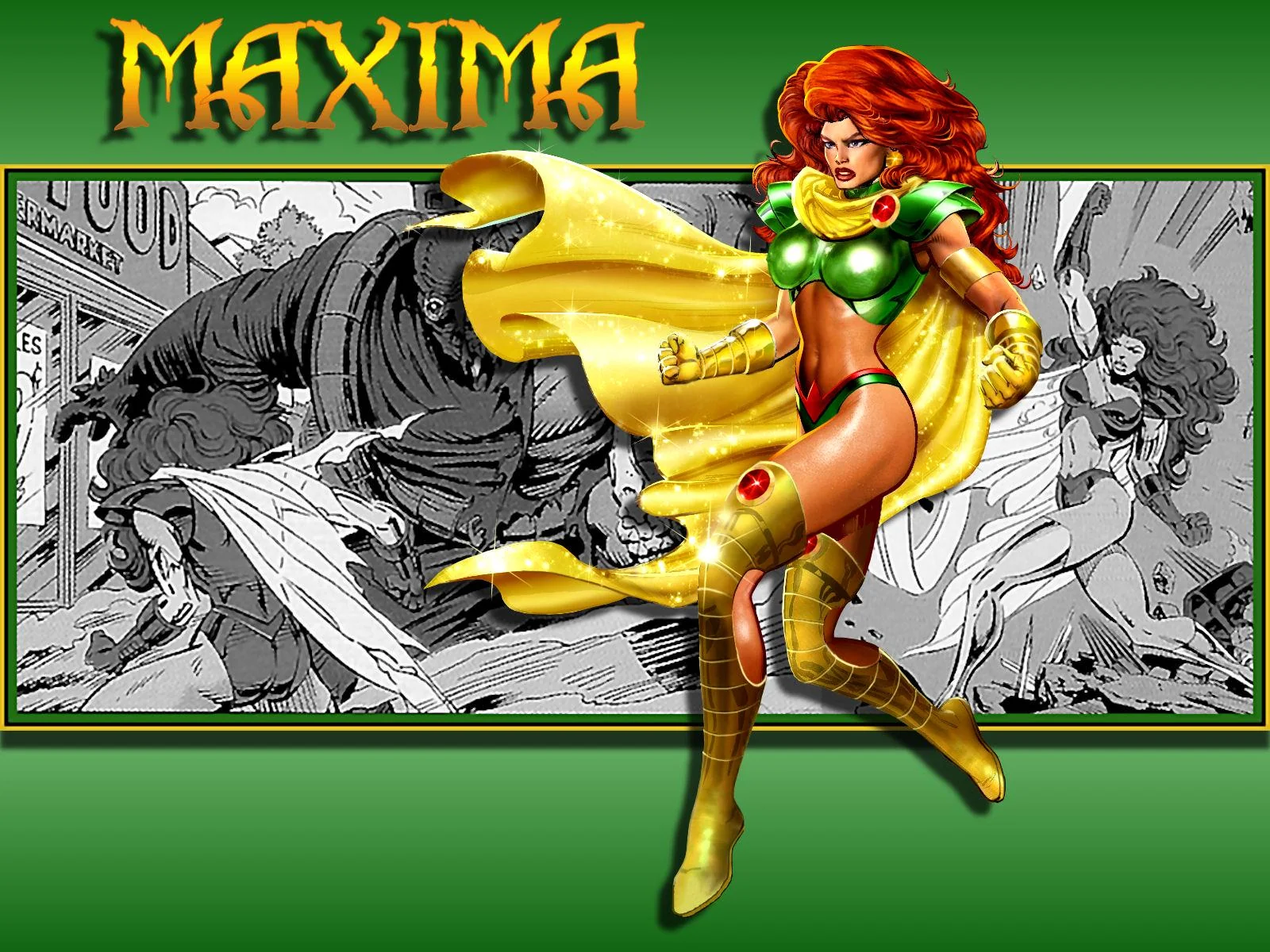justjlm.org – In the vast world of storytelling, villains often play a crucial role in shaping narratives and challenging protagonists. One such character that has captivated audiences is Maxima. Known for her cunning intellect and formidable presence, Maxima stands out as a villain who is both intriguing and multifaceted. In this article, we will delve into the character of Maxima, exploring her origins, motivations, and the impact she has on her fictional universe.
Origins and Background
Maxima’s story begins in a realm where power and influence reign supreme. Born into a family of political elites, she was groomed from a young age to understand the intricacies of manipulation and control. Her upbringing instilled in her a deep-seated belief in the importance of power, which would later fuel her ambitions. As she grew older, Maxima’s intellect and strategic mind became apparent, setting her on a path that would eventually lead her to embrace her role as a villain.
Motivations and Goals
Unlike many villains who seek chaos for its own sake, Maxima’s motivations are deeply rooted in her vision of a better world—albeit one molded by her own ideals. She believes in a utopia where only the strongest and most capable should lead. To achieve this, Maxima is willing to go to great lengths, often employing morally ambiguous methods. Her ultimate goal is to reshape society according to her vision, even if it means opposing those who stand in her way.
Personality and Traits
Maxima is characterized by her sharp wit and commanding presence. She possesses an uncanny ability to read people, allowing her to manipulate situations to her advantage. Despite her ruthless nature, there is a complexity to her character that makes her relatable to some extent. Her unwavering confidence and determination often mask a deep-seated vulnerability, hinting at the internal struggles she faces.
Impact on the Story
Maxima’s presence in the story serves as a catalyst for growth and transformation among the protagonists. Her challenging nature forces them to confront their own beliefs and weaknesses. Through her actions, Maxima often exposes the flaws in the systems and ideologies that the heroes uphold, prompting them to question their own paths. This dynamic tension between Maxima and the protagonists creates a rich narrative tapestry that keeps audiences engaged.
Conclusion
Maxima is a villain whose complexity sets her apart from the archetypal antagonists often found in fiction. Her intricate motivations, compelling background, and significant impact on the story make her a character that resonates with audiences. As we explore the depths of Maxima’s character, we gain insight into the broader themes of power, morality, and the human condition. Ultimately, Maxima’s presence challenges us to consider the fine line between heroism and villainy, and the choices that define us.
